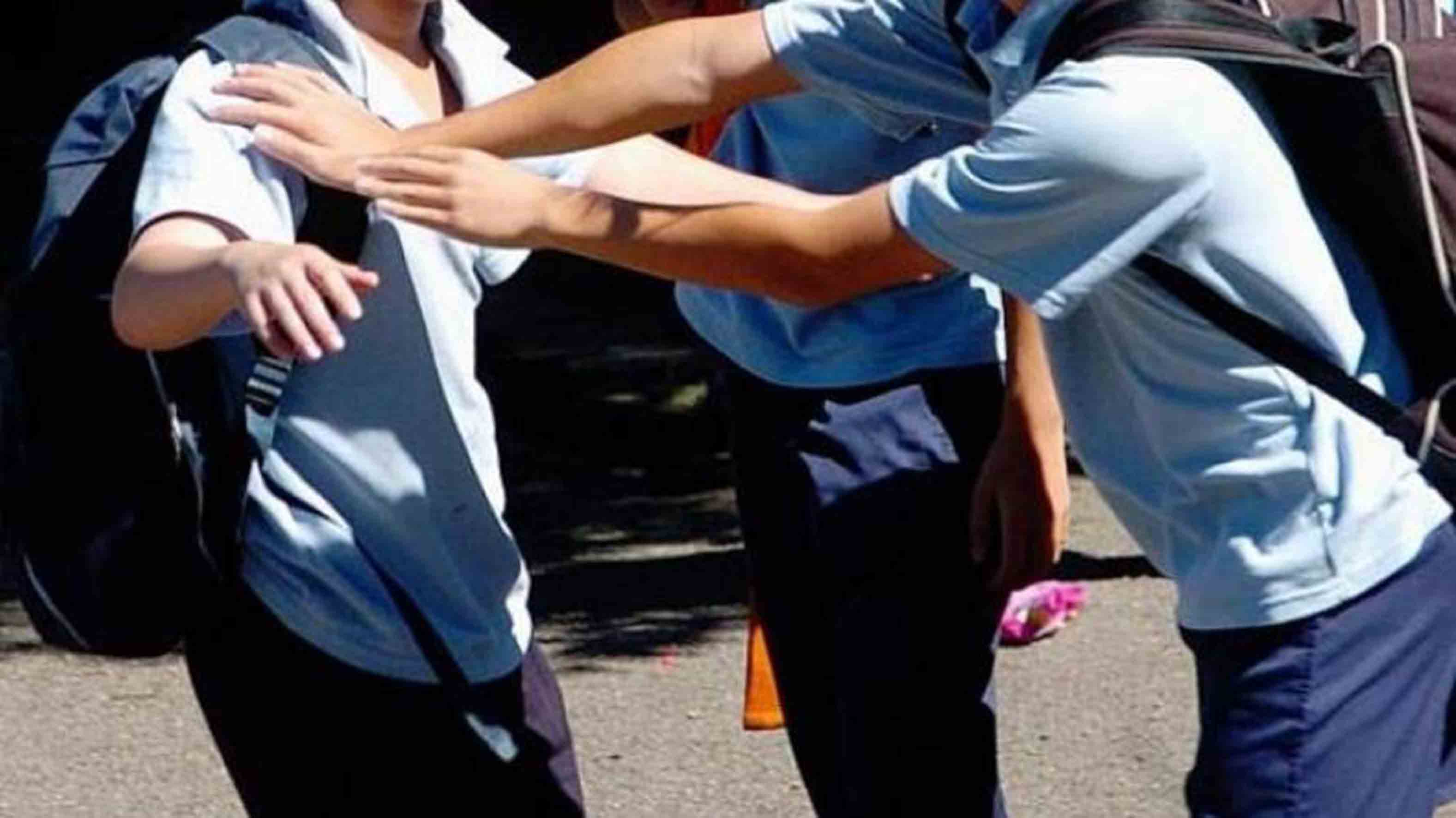After two years of pandemic and online lessons, schoolchildren from the country and the region returned to the classroom in first person in March of this year. Return to the classrooms that exposed various acts of violence that alerted families as well as the educational community and the authorities.
We recall that at the end of March the same Minister of Education, Marco Ávila, referred to the increase in complaints, recording up to then 1,500 complaints, of which 30% relating to acts of school violence. In this lineSEREMI of Education, Elizabeth Chávez, although no official data were presented, stressed that violence is currently on the decline.
“The month of March was the most complex period, the lessons started without a transition process. As for March, violence in schools has decreased by a large percentage, we as a Ministry through the politics that we have. Being a community, in the axis of coexistence we are working with the most complex communities through the development of university programs expert in the field ” In addition, he added that they are training more than 3 thousand teachers in school coexistence, well-being and socio-emotional health.
Up to 12 April, 177 complaints have been registered, however the figure has not been updated to date. On the other hand, Chavez clarified that the complaints are addressed to the Superintendency of Education.
school absenteeism
However, the problem currently in the foreground is school absenteeism. In 2019, before the pandemic, a total of 49,973 students had serious absences and this year the figure reached 108,133 students, or an increase of 116% was recorded.
“We are working in different areas, one has to do with the fact that the ministry provides information to schools every two months about students who are starting to attend and on the other the communities are developing some of their own initiatives to be able to invite families to find confidence in the educational process. We want children to go back to school, ”SERMI explained.
intersectoral table
This Thursday the intersectoral table of the Seamos Comunidad program of the Ministry of Education was launched, which met with the Regional Commission for the Participation of Girls, Boys and Adolescents, an organization that collaborates with the Ministry of Social Development to talk about education.
The representative adolescents of the OPD Advisory Councils of Los Angeles, Cabrero, Concepción, San Pedro de la Paz, Coronel, Santa Juana, Tomé and Lebu participated in the opportunity. Those who have exposed their problems in various issues of school coexistence and mental health.
In this sense, Ignacio Hernández, a 16-year-old student and member of the commission, commented that “we raise the discrimination that exists in our colleagues due to regulatory issues and many concerns in which we feel discriminated against because of that fictitious participation that exists. , which is not concrete, it is not democratic and decisions continue to be taken within four walls “
Regarding the conclusions of the activity, the Minister of Culture, Orly Pradena, He indicated that “we will aim for programs, in fact, within the regional strategy we have within the Ministry is to work with boys, girls and young people, we will work on the aspect of school coexistence (…) A reduction of resources is expected in order to be able to implement a program in collaboration with SEREMI for Education for school coexistence “.


